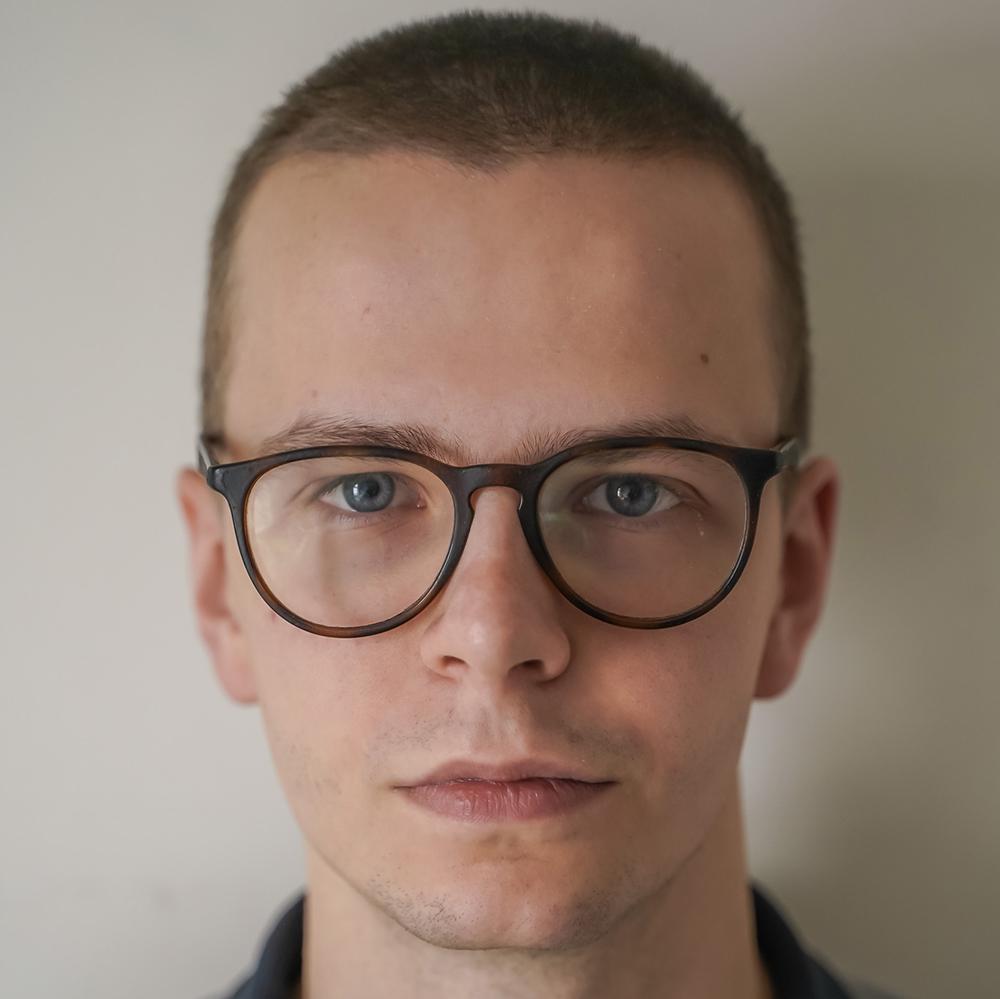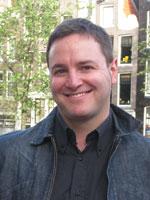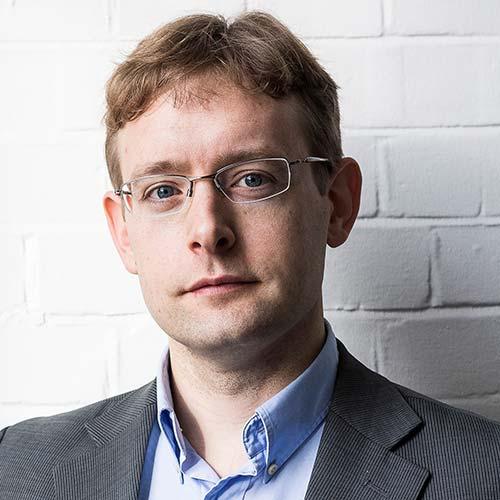Richard Grayson
“I’m able to use history to help people make a difference in their communities.”
Main details
A former speechwriter and Director of Policy for the Liberal Democrats, specialises in the study of 20th century British and Irish history. He has previously published on a wide range of subjects from inter-war foreign policy to the battles between mods and rockers in the 1960’s. Perhaps his most well known publication is Belfast Boys, detailing how Catholics and Protestants fought alongside each other during the First World War, which was described by the Times Higher Education supplement as ‘an invaluable service to both sides in their bid to evaluate individual and shared histories.’
"It’s said that everyone has a book in them somewhere and I think Belfast Boys was the book in me. My background in Northern Ireland (though County Armagh rather than Belfast) and family’s record of service in WWI, mean that I was incredibly passionate about the subject, and this really translated to make it a good read. What was more important for me however was that the preparation of the book involved close co-operation with local people and groups. Their help greatly assisted my writing, and I know that many of them have found the book of huge personal interest and meaning. I continue to do a lot of work on community projects around Belfast and I’ve really felt that I’m able to help people use history to make a difference in their communities.
Since Belfast Boys came out I have also released an edited collection of letters from an officer in the Leinster Regiment who served on the Western Front throughout the war. I’m now writing a book on Dublin during 1912-23, setting the stories of soldiers and rebels alongside each other. It’s due out with Cambridge University Press in 2018. My research very much informs my teaching, especially my third year special subject, Life in the Trenches, which is closely focused on the Irish battalions I’ve researched.
One of the best bits about my job is the fact that we’re out and about with students on , perhaps most intensively whilst studying WW1. We visit the National Archives at Kew and use original sources. You can sometimes still smell the pipe or cigarette tobacco used by the soldier who wrote the document! Students also take photographs of memorials around London or their home area and bring them in for discussion. Most exciting of all, we have at the end of the course. We visit some of the places we have studied and look at major memorials. It’s tremendously useful for students to gain some idea of the geography of the Western Front by actually being there, and we also have some fun relaxing in the evenings.
What continues to interest me about the History department at Goldsmiths is how wide the research interests are. We teach courses which cover subjects from around the world, with strong interests in Asia and Africa. We look at history in a way that is very interdisciplinary and very comparative; we tend not to focus on chains of events so much as other universities do, and instead bring a more thematic approach to our studies. In terms of research, we have published world-leading work on subject ranging from Stalin to death in southern Africa.
We teach types of History which are challenging and innovative. Above all, we work hard at being interdisciplinary so History students at Goldsmiths encounter all sorts of subjects and issues they might not find at other universities.”


